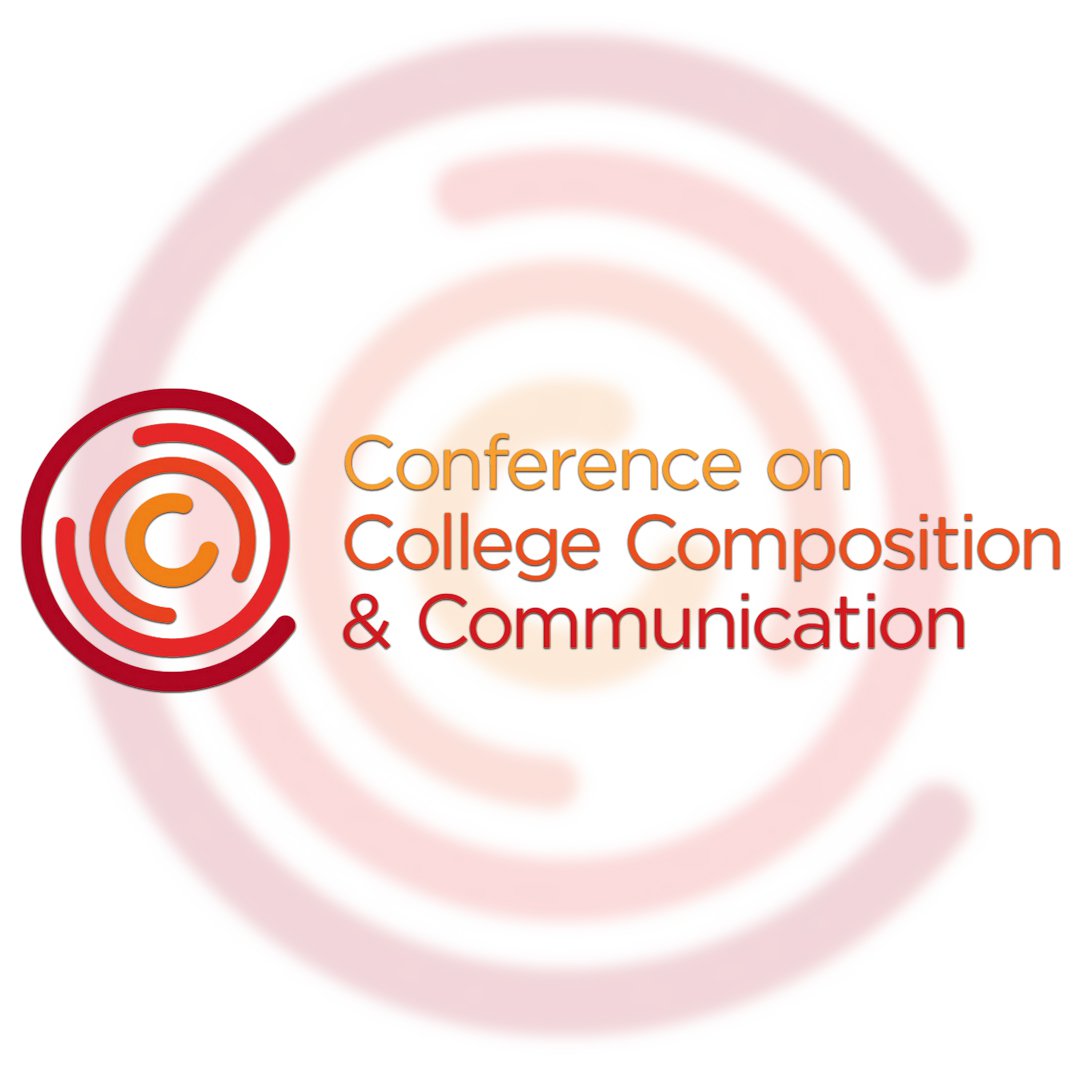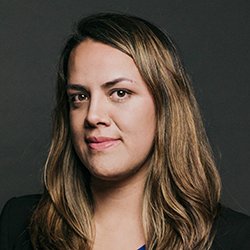WAC Wins CCCC Writing Program Certificate of Excellence
The selection committee described WAC as a strong comprehensive writing program.

The Writing Across the Curriculum (WAC) program, in the Department of Writing Studies, Rhetoric and Composition (WRC), has won a 2020-21 Conference on College Composition and Communication (CCCC) Writing Program Certificate of Excellence. WAC is one of four programs nationwide to receive this prestigious award for 2020-21.
The award recognizes writing programs that address the needs and opportunities of its students, instructors and institution; offer exemplary ongoing professional development for faculty; use the best current practices in the field; use effective, ongoing assessment; use effective placement procedures; create appropriate class sizes; and model diversity and/or serve diverse communities.
The WAC program, started in 2018 by Patrick W. Berry, with assistance from Steve Parks, Ben Erwin and Ana Cortés Lagos, is currently under the direction of Genevieve García de Müeller with support from assistant director Ezikio López. WAC facilitates the teaching and learning of writing in all disciplines across the College of Arts and Sciences (A&S) and Maxwell School of Citizenship and Public Affairs. The program helps instructors: develop strategies to teach writing in disciplinary courses; generate ideas for using writing as a tool for learning; design writing-intensive courses; revise syllabi to integrate writing more purposefully into teaching and implement culturally inclusive writing practices.
According to Berry, WRC department chair and associate professor, the program centers on working with instructors to think about how they can use writing in their classes as a strategic tool for learning. With support from the College of Arts and Sciences, faculty in A&S | Maxwell who are teaching a writing-intensive course can apply to be a Writing Across the Curriculum Faculty Fellow. This year the application process opens on February 22 and the deadline to sign up is March 17. During the spring semester, WAC fellows explore best practices for teaching writing and plan revisions for a writing-intensive course to be taught either in the fall or the following spring.
Theo Cateforis, associate professor of Art and Music Histories, was among the 2019-20 cohort of WAC fellows and says the program encouraged him to move away from goal-directed instructions and explore more imaginative avenues of writing for his students. He developed a new assignment where students interact with primary sources and adopt creative writing strategies to place themselves within the historical period they are studying.
“I am especially in favor of assignments that give students agency in their writing voice, while steeping them in the subject matter of the course,” says Cateforis. “The WAC program has been a transformative experience for my teaching."

The CCCC recognized WAC’s commitment to fostering culturally inclusive writing practices, an element implemented by director Genevieve García de Müeller. WAC works with faculty to incorporate racially equitable practices by offering an honest and supportive space to confront implicit biases that can emerge in writing assignments and assessment. Fellows complete a series of workshops that cover topics including antiracist pedagogy, writing to learn implicit vs. explicit language, and more.
“Our fellows learn ways to explicitly discuss what they value in writing and how those values translate to the assignments they create for students,” says WAC director Genevieve García de Müeller. “Cultural inclusivity includes being explicit about what writing does in a field and allowing for students to collaborate on what kind of writing will happen in a course and how their writing will be assessed. This then creates space in the class for multilingual writing and for students to bring their wealth of cultural knowledge to their academic writing.”
García de Müeller says a number of past fellows have integrated strategies like community rubric building, which is where faculty and students develop writing assessments as a class.
The fellowship concludes with a presentation by the fellows about their new courses at the annual Reimagining Student Writers symposium, which this year takes place the first week in March. The event brings the faculty fellows together to talk about writing across the curriculum in their respective fields. Fellows present on how they have taken WAC theories and practices and revised their courses to fit the needs of students. García de Müeller says at past symposiums, professors have discussed how they approach writing prompts, incorporate writing-to-learn strategies, and develop ways to equitably assess writing from multilingual students.
While WAC in its current form began in 2018, it draws upon initiatives that date back to the department’s early history. Founded in 1986, WRC was one of the first writing programs in the nation to be a stand-alone entity focusing exclusively on the teaching of writing. The aforementioned Reimagining Student Writers series was started in 2012 under then chair Lois Agnew, currently associate dean of curriculum innovation and pedagogy, and since its inception has engaged instructors across disciplines in conversations about effective strategies for working with student writers. WRC’s Writing Center, a hub for WAC-related work, offers one-on-one consulting services to all Syracuse students. In the last academic year alone, students from over 50 different academic majors have utilized the Writing Center.
Find out more on the Department of Writing Studies, Rhetoric and Composition.
